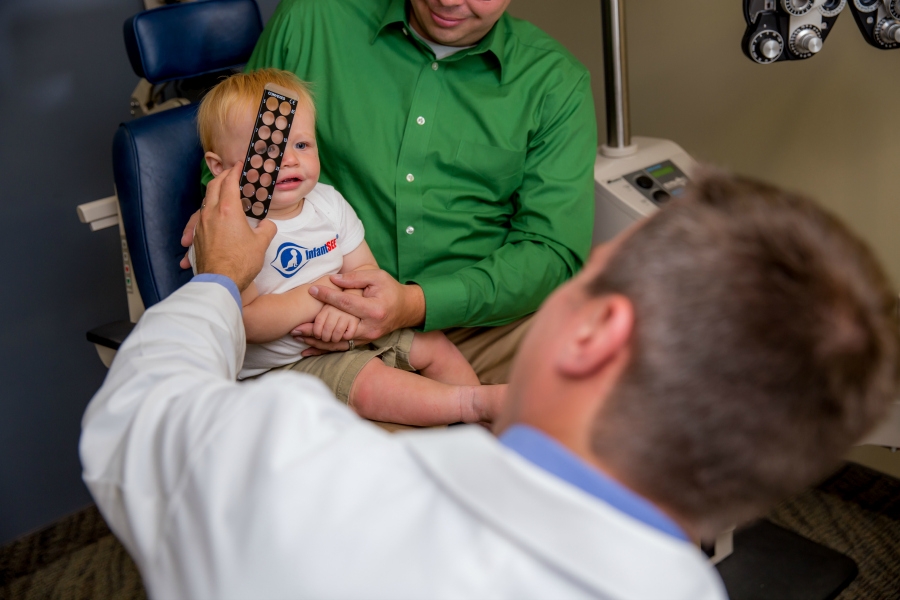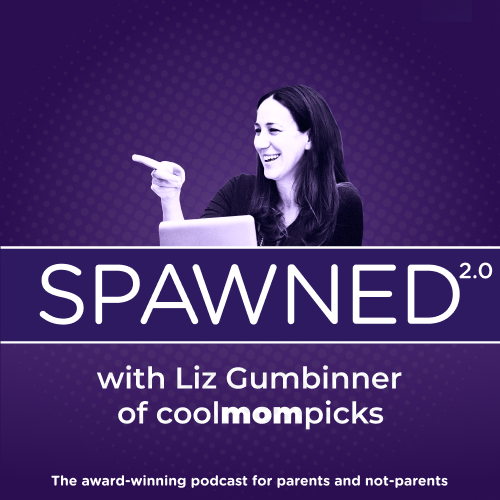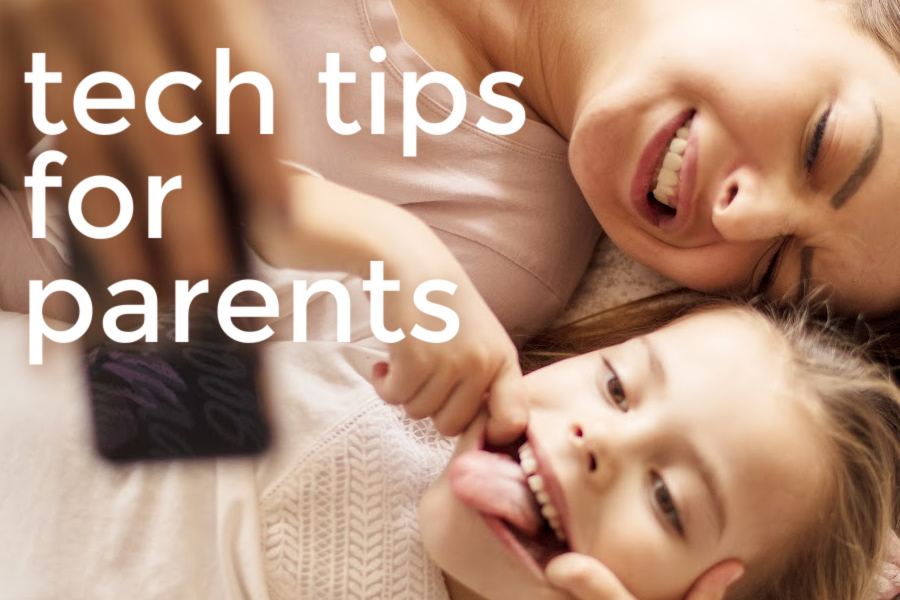We know that the shelter-in-place orders and social distancing due to the Coronavirus pandemic has been difficult for all of us in one way or another, teens, in particular, are taking an extremely hard hit. We’re seeing with our own teens, and we’ve been hearing from our listeners and readers who are experiencing the same. And if you’re like, you’re feeling helpless dealing with their feelings of grief, anger, and sadness.
Thankfully, our friend, art psychotherapist and licensed counselor Tina Montagna-Tate, MA, ATR-BC, LPC, has over 20 years of experience working with tweens, teens, and families, (not to mention a tween and teen of her own) and shares her expertise on this episode of Spawned, along with answering questions many of you have been asking us. Trust us when we say that you’ll feel empowered and relieved after listening to this episode.
You can listen right now, and then be sure you’re a subscriber on Apple Podcasts (or wherever you listen to your podcasts), so you never miss an episode. And if you can spare a few secs, please leave us a 5-star review.
Photo by Kamila Maciejewska on Unsplash
Related: The most helpful expert tips for talking to kids about the Coronavirus
Topics we cover on this show
– Why the tween and teen age group is having such a difficult time with the cancellations, social distancing, and isolation.
– What issues Tina is seeing with her own teen and tween clients right now.
– Why neuro-typical kids might be having a bit of a harder time than kids who have issues with anxiety.
– When parents should start to worry about kids displaying grief, sadness, and anger.
– How to help encourage your kids to keep up socialization during this difficult time.
– Why we need to reframe “social distancing” and call it “physical distancing.”
– How to we talk to other parents who are not taking the social distancing as seriously as they should?
– Should we be hiding our own anxiety and stress?
About our sponsor

When it comes to your baby’s eyesight, it’s important to start eye exams early. In fact, the American Optometric Association recommends babies have their first around 6 months of age, which is when their eyes undergo pretty big changes. And to ensure that eye and vision care becomes an essential part of every family’s infant wellness care, InfantSEE provides access to comprehensive infant eye assessments with participating doctors of optometry free of charge. With so many important visits and exams that babies need to help give them the best start, it’s so helpful that programs like InfantSEE are available, making it so much easier for all families to have access to such crucial care.
Visit InfantSEE for more information and to find a practitioner near you.
We’ve put together (and will continue putting together) resources to help you through this Coronavirus pandemic. If you’re looking from everything from homeschooling help to ways to workout from home, we’ve got you covered. For more support, join us over at our Spawned Facebook Group. We’d love to have you.








